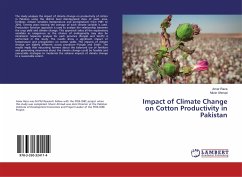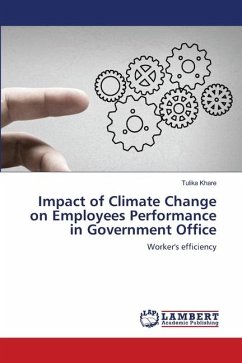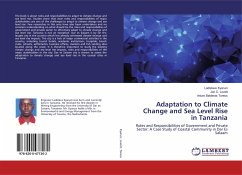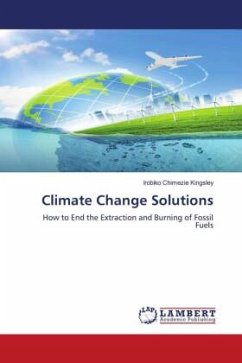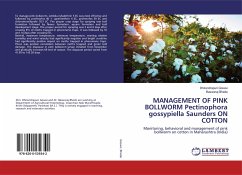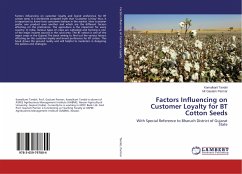The study analyses the impact of climate change on productivity of cotton in Pakistan using the district level disintegrated data of yield, area, fertilizer, climate variables (temperature and precipitation) from 1981 to 2010. Twenty years moving the average of each climate variable is used. Production function approach is used to analyse the relationship between the crop yield and climate change. This approach takes all the explanatory variables as exogenous so the chance of endogeneity may also be minimized. Separate analysis for each province (Punjab and Sindh) is performed in the study. The results show a significant impact of temperature and precipitation on cotton yields. The impacts of climate change are slightly different across provinces-Punjab and Sindh. The results imply that educating farmers about the balanced use of fertilizer and generating awareness about the climate change could be feasible and executable strategies to moderate the adverse impacts of climate change to a reasonable extent.
Bitte wählen Sie Ihr Anliegen aus.
Rechnungen
Retourenschein anfordern
Bestellstatus
Storno

